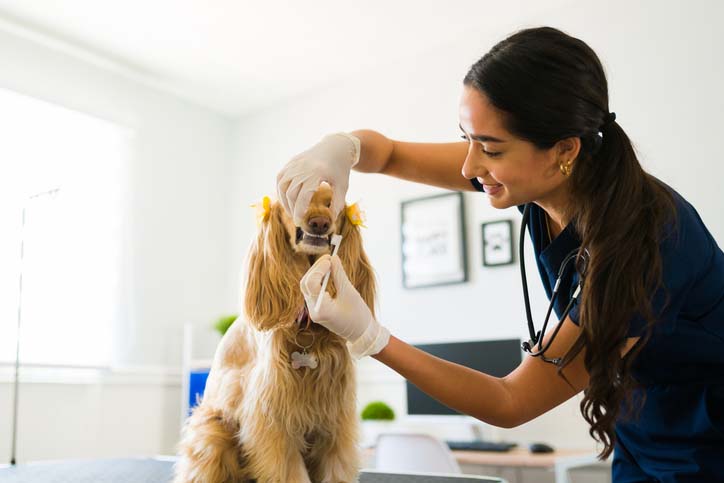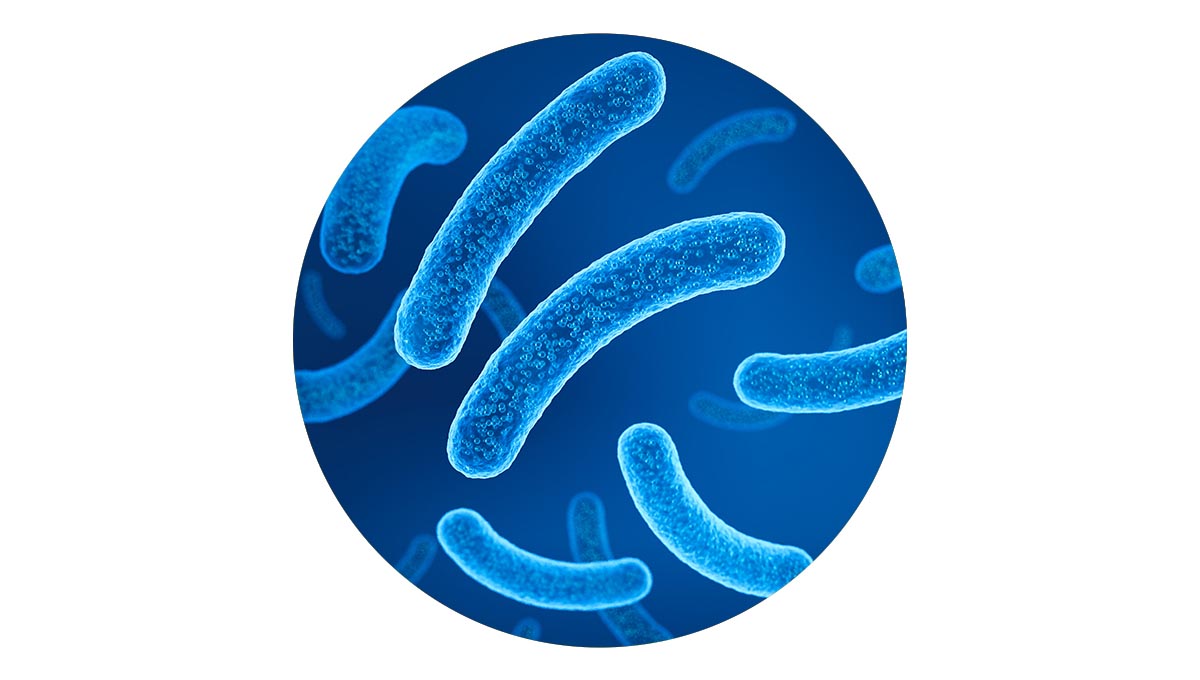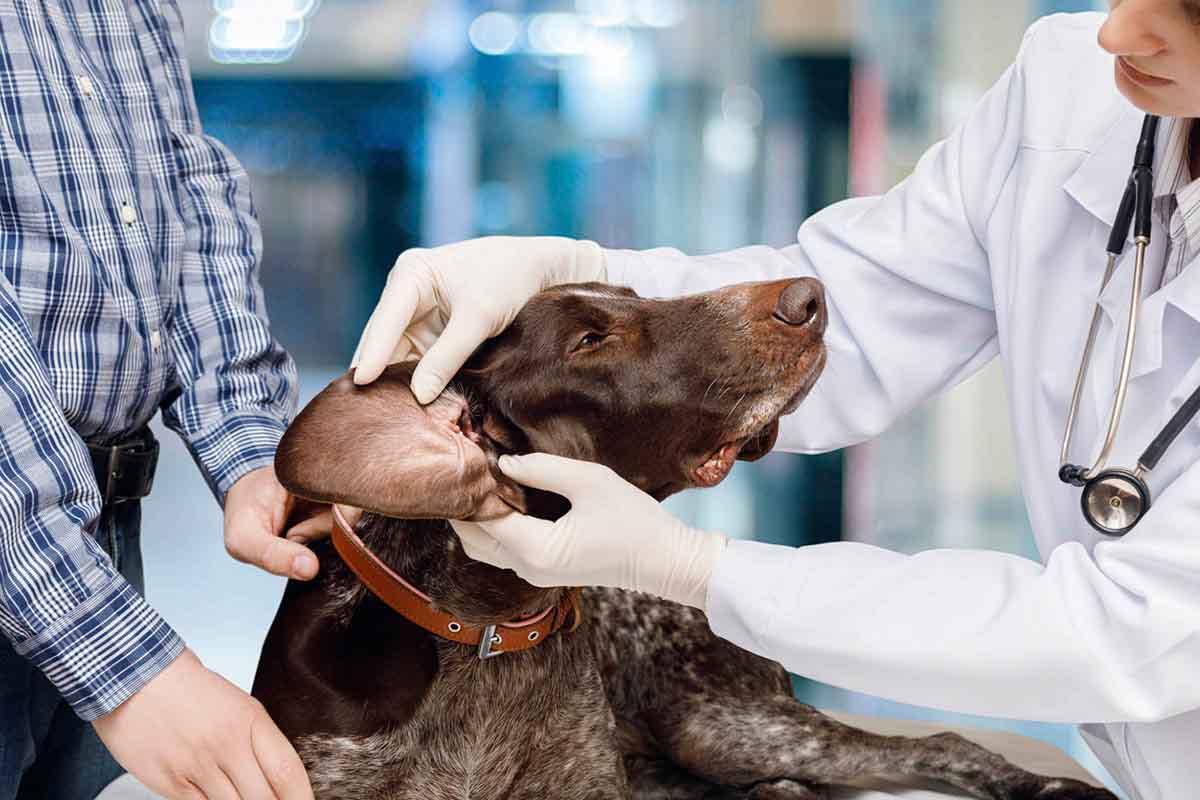Do Dog Dental Chews Work?
Do dog dental chews work? They may help a little, but they can't replace a traditional tooth brushing. Here's what to know.
Dental disease is as big a problem for pets as it is for their loving pet owners. While most dog owners do understand that it’s important to maintain their pet’s oral hygiene, many don’t know exactly how to do that. Or they assume a dental chew will take care of it. But do dog dental chews work?
Clean teeth are vital for oral hygiene and your dog’s overall health, but some pet parents have difficulty with consistent tooth brushing. Still, if you want to prevent plaque buildup and inflamed gums, which can lead to gum disease and periodontal disease, you have to find a way to maintain your dog’s dental hygiene.
It’s no wonder many pet parents turn to dog dental chews to try to keep their dog’s teeth clean. Let’s take a closer look to see if they are effective oral healthcare products or if dog owners should try something else.
How Do Dog Dental Chews Work?
An important part of your dog’s dental health involves cutting down on plaque and tartar buildup and promoting healthy gums. Dental chews have ridges or lumps that may help prevent tartar buildup as your dog chews.
Moreover, many dental chews also contain additives, such as enzymes, that can help to breakdown harmful bacteria in the mouth that promote dental disease. Doing so also has the added benefits of helping to prevent bad breath and providing mental stimulation for your dog as the chews satisfy their natural urges.
However, even the ones that work the best are not meant to replace regular dental exams, professional dental cleanings, or other parts of your dog’s regular oral care routine. Even if you regularly give your dog dental chews, dental issues can still arise if you don’t get him regular checkups.
What Does the Research Say About Dental Chew Effectiveness?
Research has shown that dog dental chews may be effective in slowing the progression and/or development of periodontal disease in dogs. That same study also demonstrated that the dental chews helped control bad breath, also known as halitosis.
Another study showed that even just adding one dental chew a day to your dog’s routine may significantly reduce plaque and calculus (tartar) accumulation.
While these studies do show that dental chews can be effective, they also emphasize the importance of regular dental hygiene care to ensure your pet’s wellness.
Are There Dog Breeds that Have More Dental Issues than Others?

Some dog breeds do have more problems than others. Small dogs tend to have more dental problems, particularly if they have stacked or crowded teeth. In that case, it’s easier for plaque and tartar to form in hidden areas.
This is why it’s recommended that pet parents use a toothbrush with regular bristles to get under the gum line in order to scrape or brush bacteria away that can otherwise result in periodontal disease.
Additionally, your dog’s immune system and health history can influence his dental health. This is another reason that routine checkups are important to understand if your furry friend develops certain problems. Age is another consideration for dental health and whether a dog should be given dental chews.
For example, older dogs are more likely to have dental problems. They may also have health conditions that make it more dangerous for them to undergo anesthesia. For them, dental chews may be a good option. On the other end of the age spectrum, dogs younger than 3 months should not have dental chews since they can be a choking hazard.
Considerations for Which Dog Dental Chews to Use
While some dental chews are shown to reduce plaque, calculus, and volatile sulfur compounds by a significant amount, the kibble you feed your pooch may also a small difference. One study showed that by increasing the kibble size by 50%, there was a reduction in tartar by over 40%.
That same study demonstrated you could coat the dog food with a substance called polyphosphate and get a 55% reduction in tartar. So what you feed can be as important as giving your best friend dental chews in helping to maintain his oral health.
When choosing products to give your pooch, make sure they have the Veterinary Oral Health Council (VOHC) seal of approval. This organization evaluates products to ensure they meet the standards for reducing plaque or tartar.
For approval, the product must reduce plaque or tartar by at least 10%. If the product uses a chemical anti-plaque agent, it must reduce plaque or tartar by at least 20% to get the VOHC seal of approval.
Another thing to consider when choosing a dental chew is that it shouldn’t be too hard. Certain products, like antlers, bones, and hooves, can fracture teeth because they are so hard. Instead, look for long-lasting chew products that are hard but not so rigid that they can cause fractures.
Examples of dental chews for your dog:
- Rawhide chews (preferably “no-hide” rawhide chews). These are made from cow hides and may reduce plaque and tartar. They also come in different sizes. It’s important to choose one that’s an appropriate size for your dog.
- Dental treats, bones, and biscuits. These are edible products. Check the VOHC website for examples of dental chews that are approved by them.
- Dog chew toys. Chew toys may be a good choice for your dog if he tends to chew very quickly through an edible treat. As with any item you give your dog, however, make sure they don’t gnaw it down to the point where it becomes a choking hazard.
What Precautions Should You Take with Dental Chews?

Just like anything else you give your dog, not all dental chews or dental dog treats are created equal. There are some that are safer than others, and you also have to match the chew to your dog. Here are some precautions to think about:
Match the Dental Chew to Your Dog’s Size
You don’t want to give your teacup poodle a huge rawhide chew. Make sure the chew or treat you’re giving your pooch is a match for his size.
Consider Your Dog’s Preferences
Not all dogs are alike, and for that reason, make sure the chew or treat you give is something your dog will like. Additionally, if your dog is an aggressive chewer, select a firmer dental chew.
Count Calories
If you’re giving edible treats don’t give too much. Although they may help your dog’s teeth, they can also help him pack on the pounds. That can create a whole host of different health problems. If you’re unsure about how much to give, ask your veterinarian.
Avoid Compressed Dental Chews
Certain types of chews, like rawhide and pig’s ears, can be consumed too quickly by aggressive chewers, and they may also swallow parts of them whole. That creates a choking hazard, which can cause stomach irritation. Additionally, some products, like pig’s ears, may be contaminated with bacteria.
Are There Other Choices for Dental Care at Home?

Just like with humans, it’s best to implement a regular tooth-brushing routine as part of your pet’s dental care. That’s sometimes easier said than done, however. After all, only about 42% of dog owners brush their dog’s teeth daily.
If you do brush your dog’s teeth daily, as you should, you might wonder about what toothpaste you should choose. According to the American Kennel Club (AKC), you should never use human toothpaste on your dog. Human toothpastes may contain xylitol, an artificial sweetener that is toxic for dogs.
Instead, use dental products made specifically for dogs.
It’s also important to establish your pet’s dental care routine early in life if you can. Introducing toothbrushing to your dog when he’s a puppy can make it something he likes or at least won’t resist as much.
If your dog is very resistant to brushing, you might try doing it every other day instead of every day. Other products, like dental powders for food and solutions that you can add to their drinking water, are also available. Research has shown the latter to be effective in preventing and reducing plaque formation.
What’s the Bottom Line?
Dental chews may help reduce plaque and tartar accumulation in dogs. Just remember to choose the right ones. It’s also important to feed him a healthy diet and get him regular veterinary checkups that include dental care.
Dental chews cannot replace dental cleanings or regular toothbrushing, but they can help prevent dental issues like periodontal dental disease. Make it a routine you do together, and you’ll both stay healthier!
This content is for informational use only and does not replace professional nutrition and/or medical advice, diagnosis, or treatment. It is not a substitute for and should not be relied upon for specific nutrition and/or medical recommendations. Please talk with your veterinarian about any questions or concerns.








